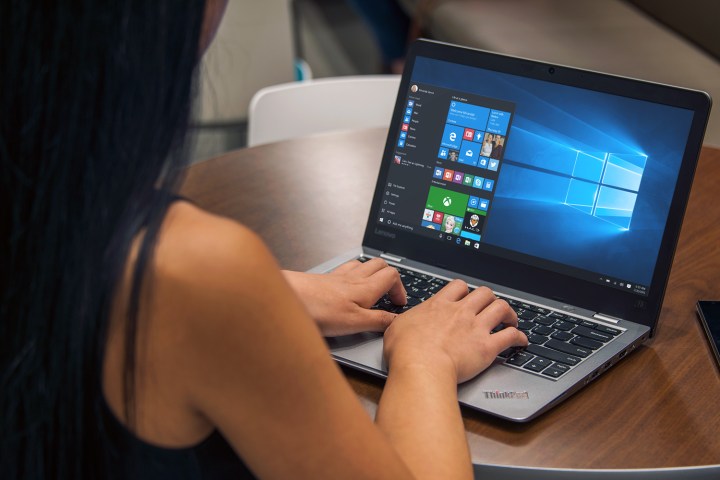
The next major update to Windows 10, dubbed Creators Update, is expected in April. While it might not be as massive as the Anniversary Update released in July, it’s going to represent another important milestone in Windows 10’s development. To ensure it goes as smootly as possible, Microsoft has scheduled the second Creators Update Bug Bash for February 3-12.
Past Bug Bashes have been incredibly successful, including the last event held in November to work on Creators Update. Windows Insiders participate in these events at surprisingly high levels, and they’ve been quite effective at finding new bugs and areas where Windows 10 needs some work.
What makes Bug Bashes different from the usual Windows Insider feedback is that Microsoft offers up “Quests” where participants can earn badges upon completion. The quests are aimed at particular areas of Windows 10 that the company wants to make sure get sufficient attention, and the badges show up in users’ Feedback Hubs to identify the most dedicated Windows 10 fans.
Of course, you need to be a Windows Insider to participate in the Bug Bash. The name itself attests to exactly what you’re getting into by installing and running Windows 10 previews — sometimes those bugs can be more than just inconvenient and can leave you without a working system. If you’re brave enough, though, you can have some fun interacting with Microsoft staff and go to bed each night known you’re helping the company make the best possible Windows 10.
Editors' Recommendations
- Windows 11 vs. Windows 10: finally time to upgrade?
- Microsoft plans to charge for Windows 10 updates in the future
- The best Windows 10 keyboard shortcuts
- Lagging in games? This Windows 11 update might fix the problem
- It’s not just you: Microsoft confirms Windows 11 is having gaming issues


